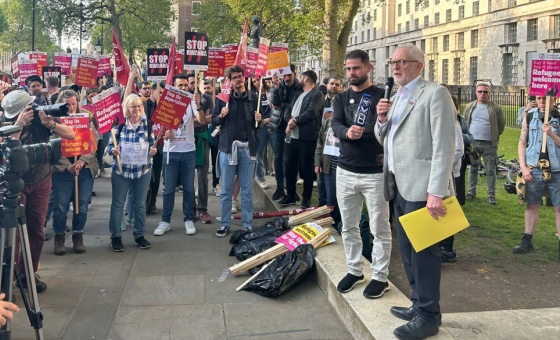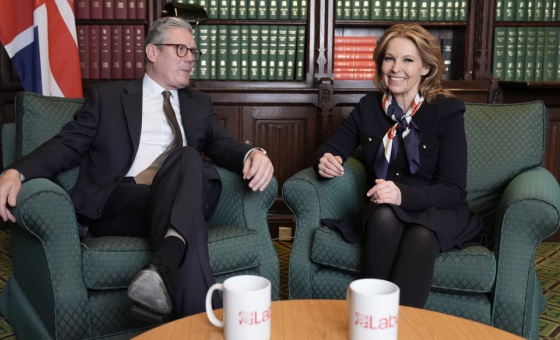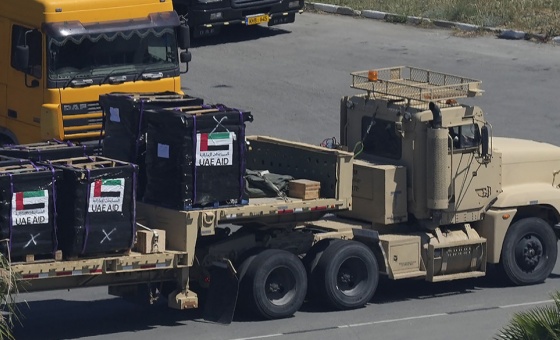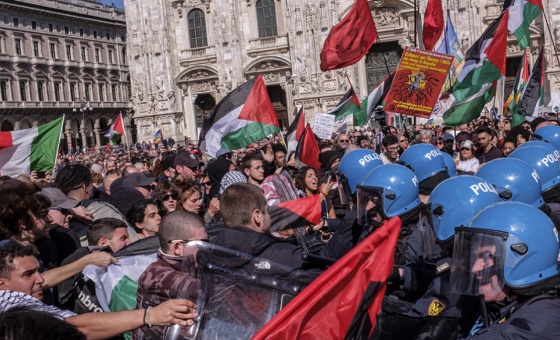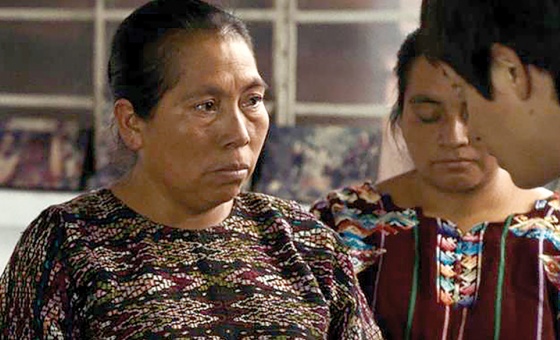This is the last article you can read this month
You can read more article this month
You can read more articles this month
Sorry your limit is up for this month
Reset on:
Please help support the Morning Star by subscribing here
RETREATS by the Tories and giant chains like McDonald’s and Wetherspoon show that workers “rising up together is making the bosses nervous.”
TGI Friday’s worker and Unite activist Lauren Townsend is one of thousands coming together today for joint strikes and a day of action around low pay and insecure work in the hospitality industry and will be rallying on Leicester Square from 11am.
Speaking to the Morning Star before the action, she is enthused by the way the initial joint action planned by Unite and bakers’ union BFAWU rooted in the McDonald’s, TGI Friday’s and Wetherspoon disputes has snowballed into a Britain-wide event with fast-food couriers organised by the GMB, the IWGB and others also striking and protesting.
Co-ordination by War on Want and extensive social media promotion by individuals and organisations such as Momentum have had their impact: “It keeps getting bigger!”
When I catch up with Townsend, Prime Minister Theresa May has just announced that the Tories will mimic Labour’s policy by legislating to stop management appropriating tips given to staff at restaurants.
She admits she is “not too excited” by May’s announcement, suspecting the Tories are unlikely to deliver, but she attributes it to Labour “taking up the mantle and fighting for us.
“They turn a blind eye when McDonald’s or TGI Friday’s workers go on strike, because they see us as bottom of the food chain,” she says.
“But Labour is adopting so many policies that will empower working people that it’s starting to scare them. They think there could be a ministry of labour in a few years, the anti-trade union laws could be history and they’re scared of what's coming.”
The momentum isn’t just British, she says. The day before the action, Unite hosted an international summit of workers in the hospitality industry to share experiences and tactics. Townsend acknowledges that the movement began in the United States, with the Fight for $15 campaign and the demand of workers there for “$15 [an hour] and a union.”
Striking Burger King workers from Spain will be in London for the summit and the day of action, as will food industry employees from Thailand and the US.
“These days of solidarity are so important because it’s easy to feel you’re getting nowhere fast,” she says. “But on days like this you feel there are tens of thousands of you fighting for the same thing. That’s how I felt on the TUC March for a New Deal in May.”
While today will be a showcase for trade union organisation and its potential to empower people in the workplace, BFAWU president Ian Hodson emphasises that the event has been driven by “workers self-organising.
“From our perspective this is about workers who are fed up, sick of zero-hours, sick of not being able to afford the basics,” he tells me.
“It’s shocking how poorly these workers are treated in what is quite a profitable sector. And that’s why, without our organising it, workers have come forward themselves, the Uber Eats and Deliveroo workers, and working with unions like the IWGB and IWW, to make this day an opportunity to air their grievances.”
Last year’s McDonald’s strike prompted the biggest ever pay rise for British McDonald’s staff. The mere warning of a strike at two Wetherspoon outlets saw the chain bring a pay rise forward to this November.
In a different sector, but one equally notorious for appalling treatment of staff, the Amazon delivery company has just announced pay rises following months of campaigning by GMB. Are bosses on the run?
“I don’t know if they’re on the run but they’re certainly waking up to the fact that workers are unhappy,” Hodson says.
“And today is not the end, unless employers want it to be the end and give us what we want — £10 an hour and union recognition. We will continue to pressurise Wetherspoon’s and McDonald’s. They have an opportunity here to be good employers.”
Hodson has just helped negotiate the end of a three-day strike at a pub, the Ivy House in south London.
When I ask how that’s gone, he passes the phone to one of the workers involved, Amardeep Singh Dhillon.
Amar is upbeat. Management has given a counter-offer to the staff demand which meets most of their requirements.
“The only thing is we said they should stop using zero-hours contracts entirely and what they’ve said is they will give every employee the offer of fixed-term contracts,” he says. Amar tells me banning zero-hours is likely to go to the next meeting of the pub’s management committee.
Four workers who had been dismissed will now receive due process, with suspension on basic pay while there is an investigation, and the basic pay will be calculated based on their average weekly hours over September.
The victory is “definitely” one for union power, Amar says, adding that he doesn’t “think the committee had expected any organised resistance” and were taken aback by the walkout and the immediate solidarity of the BFAWU and Unite.
“It was worker-driven and worker-led, a spontaneous wildcat strike,” he says, but one which saw “the local community rally round as soon as we took a stand.
“I’m really pleased the committee has decided to listen to its workers and I look forward to a more open relationship between employers and employees.”
Workers everywhere are waking up, he believes, meaning trade unions are becoming “more and more crucial.”
That’s Townsend’s view too. She hopes today “gets enough publicity and is exciting enough that we get another wave of recruits.
“It’s not always easy to approach colleagues, but a huge show of solidarity could give people the impetus to go away and sign up 10 people.
“Set up hospitality branches, be ready to act if something kicks off at your local cafe, your local club. And as I’ve said before, let’s get the same thing rolling in retail.”
There’s a new confidence among young trade unionists and, if the militancy growing across the hospitality sector is anything to go by, Boris Johnson will soon be the least of Theresa May’s worries.

 Ben Chacko
Ben Chacko

